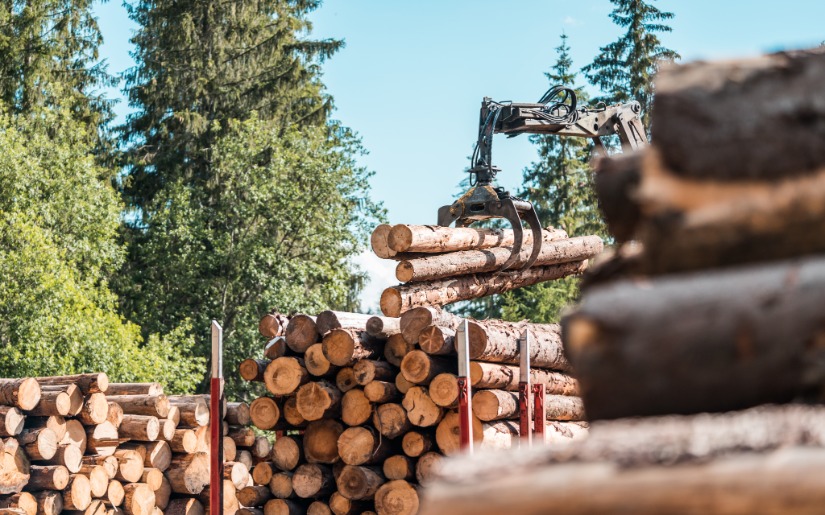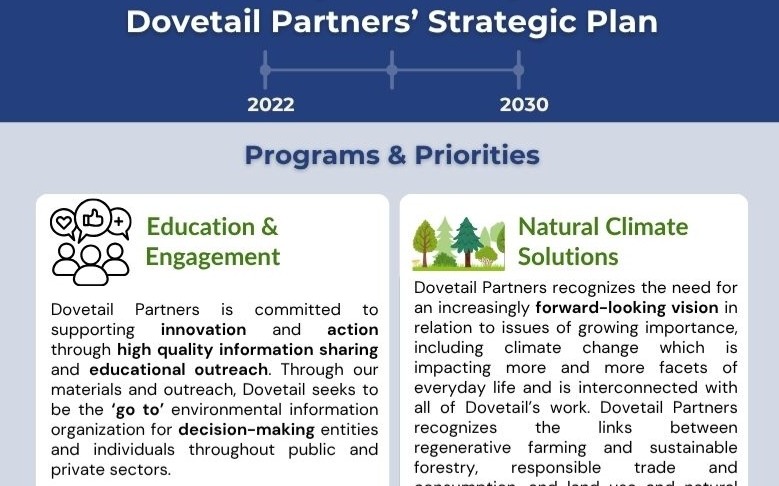In recent decades there have been significant efforts to develop responsible sourcing and greater transparency within supply chains, including work within the forest sector. An objective has been to increase accountability in the marketplace and reduce the occurrence of illegal sourcing, unsustainable production, child labor, pollution, deforestation, and other negative practices. In the 1990s, many of the emerging efforts were concentrated within the voluntary, non-governmental and non-regulatory sector. These efforts included the development of third-party certification systems and private sector on-product labeling initiatives. In more recent years, the role of government in regulating and enforcing responsible sourcing has grown. In the US, the 2008 amendments to the Lacey Act expanded the scope of regulating plant and animal imports.[1] In the European Union (EU), the 2003 Forest Law Enforcement, Governance and Trade (FLEGT) Action Plan, coupled with the EU Timber Regulation (EUTR) in 2013 sought to ensure EU imports of timber were legal.
This report addresses the evolution of responsible sourcing within the forest sector and the intersection between voluntary, non-governmental initiatives such as third-party certification and the regulatory actions of governments. The specific impacts of FLEGT and EUTR are considered within the emerging data about their impacts and the availability of FLEGT-licensed timber in the marketplace. The roles for international trade agreements are also considered. The conclusions of this report include recognition that it is increasingly important that public and private sector interests collaborate to strength regulatory capacities and to pressure more nations to participate in policy changes and commitments to improved responsible sourcing.
[1] See the Dovetail report: Understanding the Lacey Act, available at: https://www.dovetailinc.org/portfoliodetail.php?id=5e2f101f1142f
- Lead AuthorPepke
- DateJuly 2018
- CategoryEnvironmental, Forest products, Forestry, Wood
- Project FileDownload

.png)
.png)
.png)

.png)
.png)